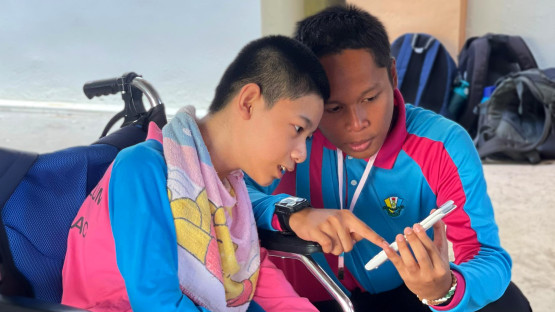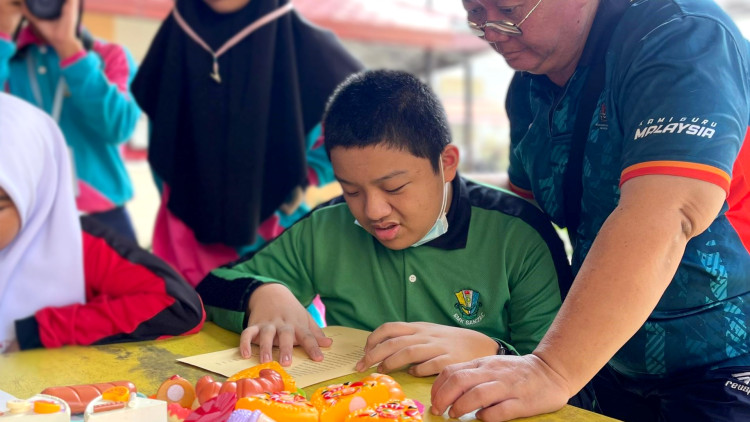An IAEA initiative in Malaysia is seeking to create greater inclusivity in science, technology, engineering and maths (STEM) education with the support of a regional IAEA technical cooperation (TC) project on Strengthening Nuclear Science and Technology (NST) Education at Secondary and Tertiary Levels. The project recognizes the pivotal role that nuclear science plays in achieving several of the United Nations Sustainable Development Goals (SDGs), particularly in health, food security, energy and environmental sustainability, and has the goal of reaching 10 million students in Asia and the Pacific. The initiative will now be extended to other schools in the region with the aim of including more curricular activities for special needs STEM students, marking a significant stride toward universal inclusiveness in nuclear science education.
This month marks the International Day of Persons with Disabilities, which falls on 3 December. Utilizing knowledge and educational resources gained from the IAEA project, chemistry teacher Kuit Vui Ket at the SANZAC school initiated a project in Malaysia — creating greater inclusivity for neuroatypical and special needs students in STEM subjects, an often overlooked aspect of education. The project involved implementing supportive policies and legislation, developing accessible learning materials, and conducting comprehensive teacher training programmes.





